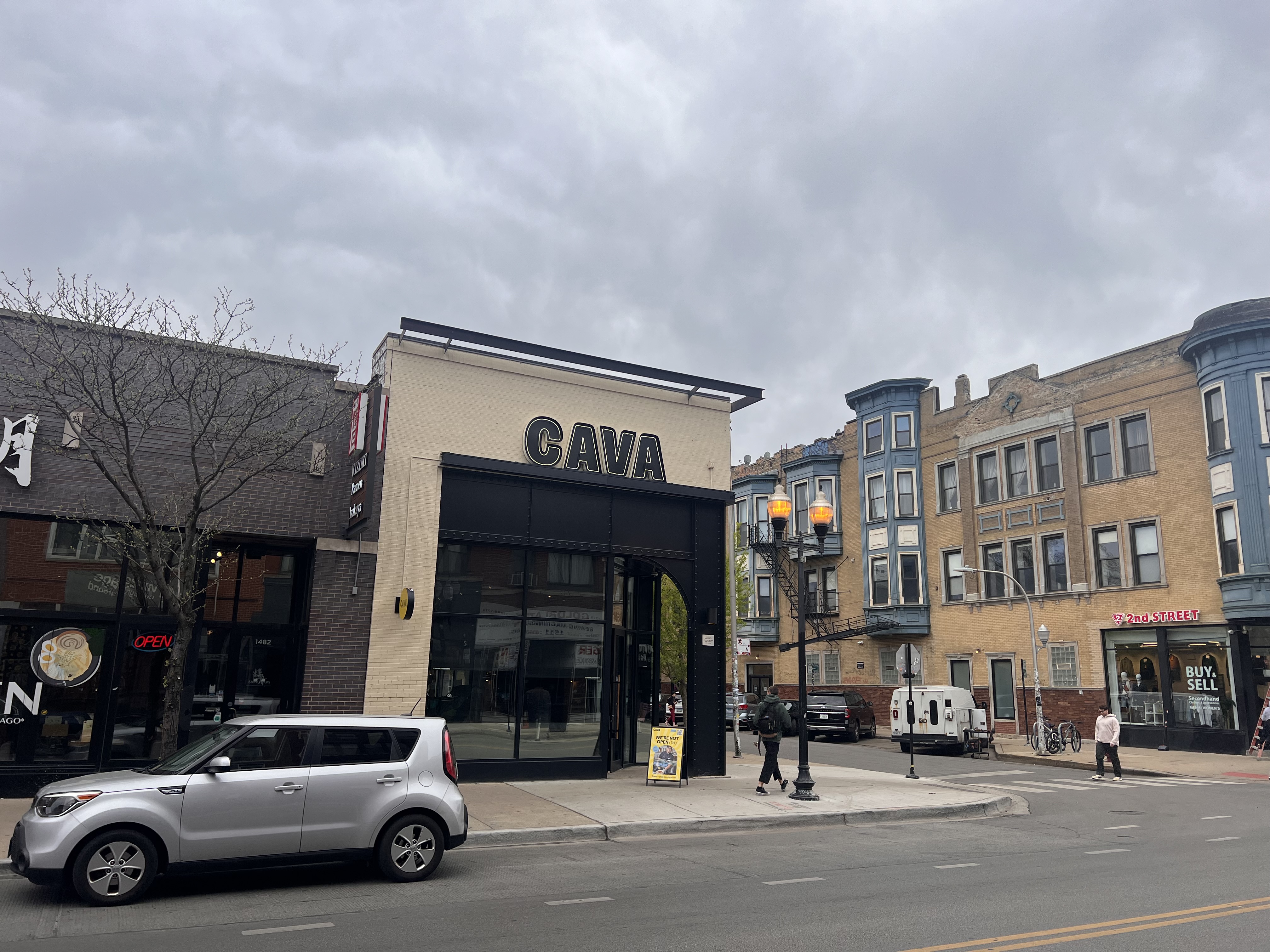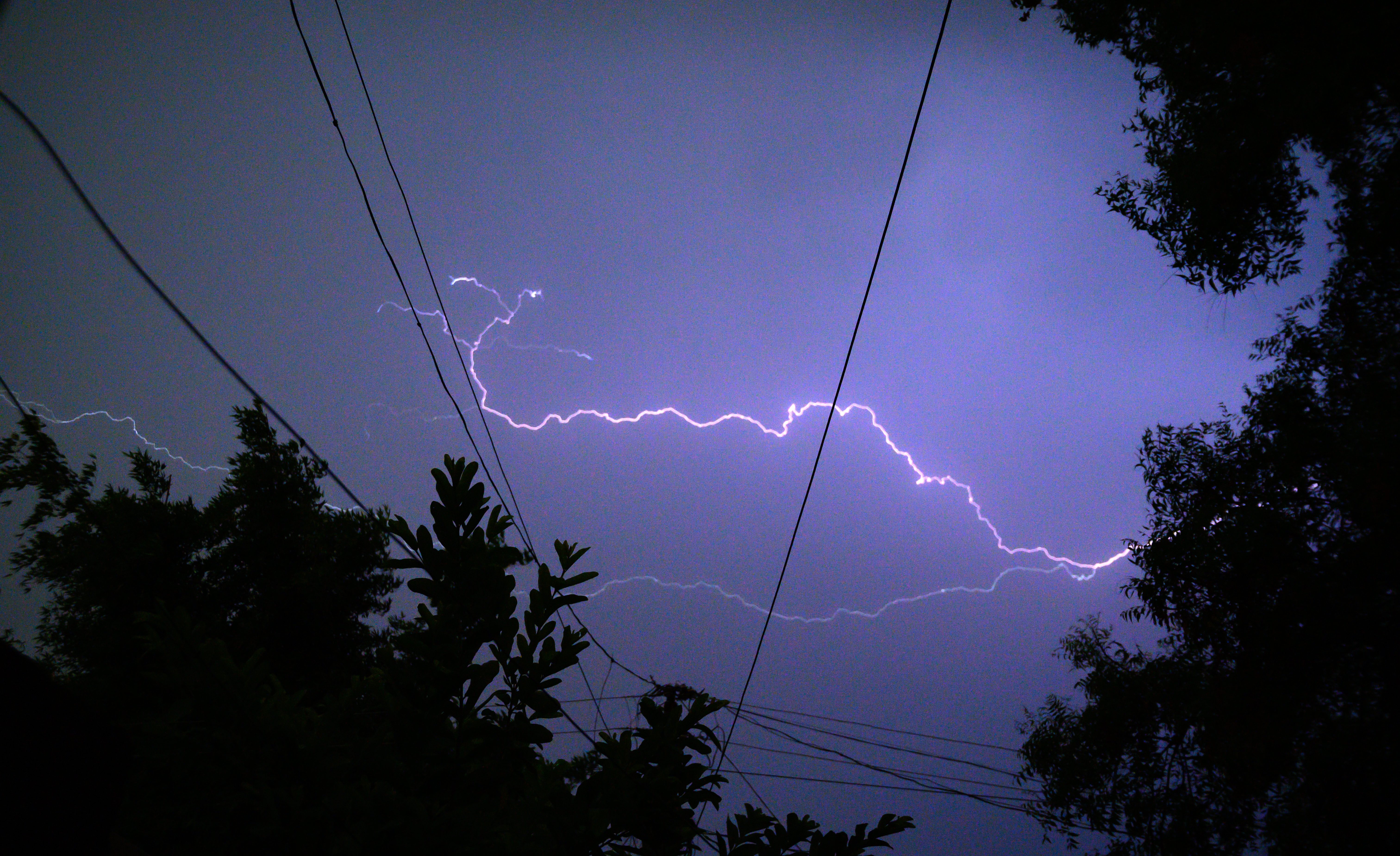A day after an Illinois House committee approved legislation that would ban red-light enforcement cameras in some suburban communities, State Comptroller Susana Mendoza went a step further Thursday, saying her office will no longer use its enforcement powers to seize money owed on red light violation citations.
Mendoza’s office had the power to garnish state income tax checks in order to collect money owed for red light camera violations, but it will no longer use that power under a directive from the comptroller.
Over $2 million was collected in 2019 alone, with at least half going to the companies that had installed the cameras.
Feeling out of the loop? We'll catch you up on the Chicago news you need to know. Sign up for the weekly Chicago Catch-Up newsletter here.
Since former State Sen. Marty Sandoval pleaded guilty to accepting bribes from Safespeed, the red light camera company at the center of a corruption investigation, Springfield lawmakers have been rushing to make changes to the controversial program.
State Rep. David McSweeney unsuccessfully tried to stop the installation of cameras several years ago. Sandoval was one of the lawmakers who helped block the measure, but now McSweeney believes there is an appetite for change.
“The bill that I passed out of committee yesterday would not allow them to collect that money any more,” he said.
Local
The bill would ban red-light cameras from smaller cities without home rule powers. It would affect about 15 municipalities out of more than the four dozen that employ the technology.
Marcus Wallace, who leads an advocacy group that opposes the red light cameras, says the technology was never about safety, but was about enriching those responsible for approving and installing the cameras.
“There is no safety benefit of having red light cameras or speed cameras. Period,” he said.
McSweeney, a Republican from Barrington Hills, says that he knows his bill is one small step in the fight to get the cameras banned permanently, and acknowledges that he’ll find opposition from bigger cities that rely on revenue from the devices.
“If I could get a bill that would ban them all, I would,” he said.
The legislative
session ends in late May, and McSweeney’s bill will certainly be on the docket after
the Transportation, Vehicles and Safety Committee voted unanimously Wednesday
to send it to the House floor for action.



